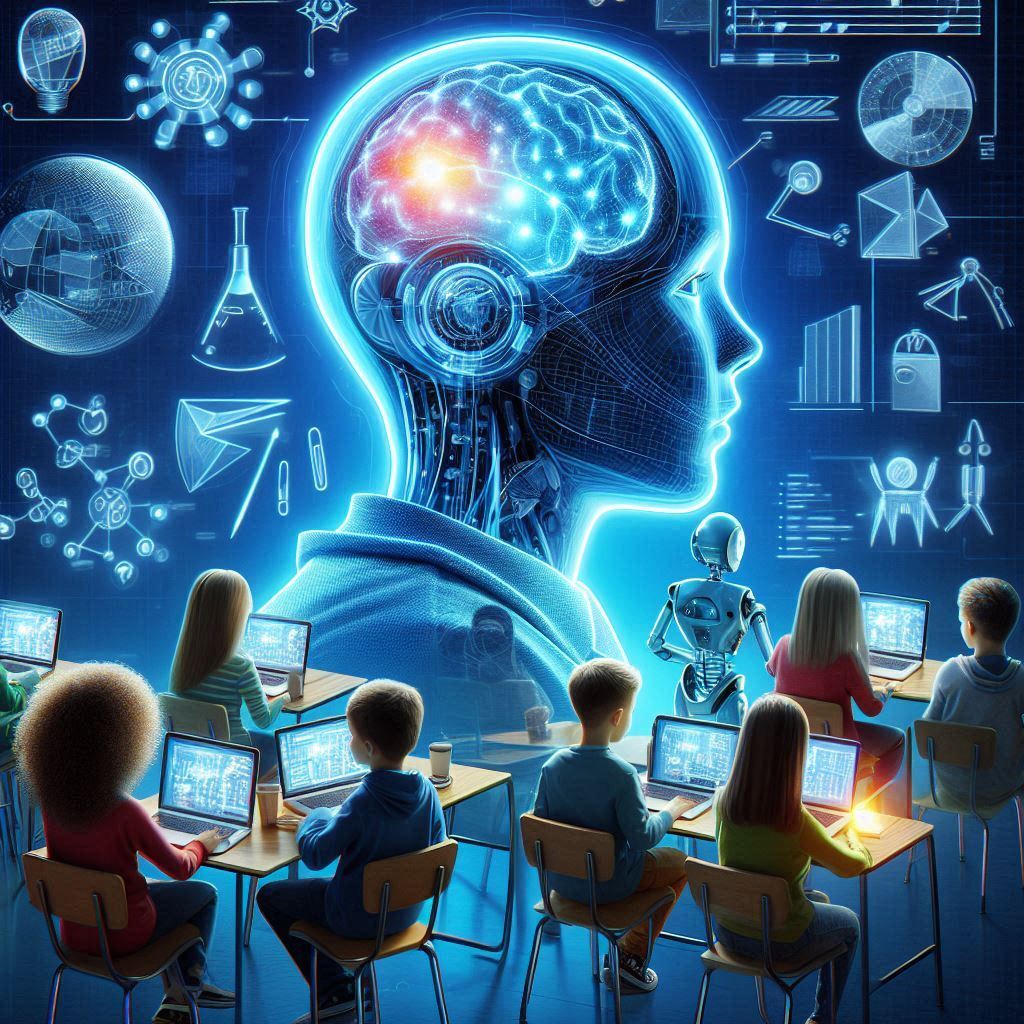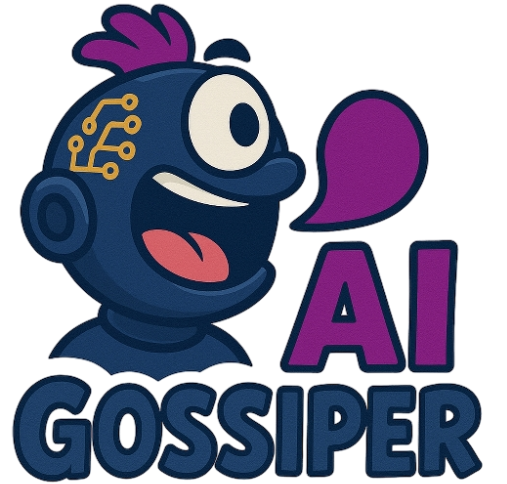
Artificial Intelligence (AI) is no longer a futuristic concept in education—it is actively transforming how students learn and educators teach. The integration of AI in education is driving unprecedented personalization, efficiency, and engagement, making learning more adaptive to individual needs and preparing learners for a rapidly evolving world. As we advance through 2025, the impact of AI-powered educational technologies is becoming more profound, reshaping classrooms, online learning platforms, and institutional strategies.
The Rise of AI-Driven Personalized Learning
One of the most significant contributions of AI in education is the ability to tailor learning experiences to each student’s unique strengths, weaknesses, and preferences. AI-driven personalized learning systems analyze vast amounts of data on student performance and behavior, enabling platforms to recommend customized content and adjust the pace of instruction dynamically. This approach ensures that learners remain engaged and motivated, reducing the risk of students falling behind.
Platforms like Squirrel AI and Microsoft’s Reading Coach exemplify how AI can identify individual learning styles and adapt lessons accordingly. This personalized approach not only enhances student outcomes but also empowers educators to intervene strategically, focusing their efforts where they are most needed.
Intelligent Tutoring and Virtual Assistants
AI-powered virtual tutors and chatbots are revolutionizing student support by providing 24/7 assistance. These intelligent systems help clarify doubts, offer explanations, and provide practice problems, ensuring continuous learning outside traditional classroom hours. This accessibility is especially valuable in large or remote learning environments where one-on-one teacher interaction may be limited.
Moreover, AI tutors are evolving to deliver real-time feedback, helping students understand their mistakes instantly and guiding them through complex concepts. This immediate response loop accelerates learning and builds confidence.
Automated Grading and Learning Analytics
Grading assignments and assessments can be time-consuming for educators. AI automates this process, providing instant and objective grading for various types of work, including essays and quizzes. Beyond grading, AI-powered learning analytics track student progress, identify at-risk learners, and highlight areas needing improvement. This data-driven insight enables educators to tailor interventions and optimize curriculum delivery.
The ability of AI to analyze patterns across large student populations also informs institutional decisions, helping schools and universities improve overall educational strategies.
Immersive and Gamified Learning Experiences
AI is enhancing immersive learning through technologies like Virtual Reality (VR) and Augmented Reality (AR). These AI-enabled tools create interactive environments where students can explore ancient civilizations, conduct virtual science experiments, or practice skills in safe, simulated settings. Such experiences deepen understanding and retention by making learning memorable and engaging.
Gamification, powered by AI, incorporates game mechanics such as leaderboards, quizzes, and rewards into educational content. This approach increases motivation and participation, especially among younger learners, by turning education into an interactive and enjoyable experience.
Bridging Language Barriers and Accessibility
AI-powered language learning tools and real-time translation services are breaking down language barriers in education. Speech recognition and natural language processing enable personalized language lessons, instant pronunciation feedback, and seamless communication for non-native speakers. These advancements make education more inclusive and accessible globally.
Preparing Students for an AI-Driven Workforce
As AI reshapes industries, education must equip students with relevant skills to thrive in the future workforce. AI in education is not only about learning content but also about developing AI literacy and digital competencies. Work-integrated learning models, supported by AI insights, are aligning education with industry needs, emphasizing upskilling and reskilling pathways that prepare learners for in-demand jobs.
Challenges and Ethical Considerations
While AI offers transformative potential, it also raises challenges such as data privacy, algorithmic bias, and the need for ethical guidelines. Educators and policymakers must ensure AI tools are used responsibly, maintaining transparency, inclusivity, and fairness. Establishing clear frameworks and continuous monitoring is essential to harness AI’s benefits while mitigating risks.
The Strategic Advantage of AI Trend Intelligence in Education
To stay ahead in this rapidly evolving landscape, educational institutions and EdTech companies need to anticipate emerging trends and adapt their strategies accordingly. This is where advanced trend intelligence platforms become invaluable. The Quantumrun Foresight Platform offers cutting-edge tools that allow organizations to discover, organize, and visualize trend insights with precision. By combining customized human trend reporting with AI-driven news curation, it empowers decision-makers to develop forward-thinking strategies, innovate product development, and navigate the future of education confidently.
With unlimited user accounts for business and enterprise levels, this platform facilitates collaboration across teams, ensuring that everyone stays informed and aligned with the latest educational technology trends and AI advancements.
Unlock the full potential of AI in education by leveraging powerful trend intelligence. Discover how the Quantumrun Foresight Platform can transform your strategic planning and innovation efforts with unparalleled insights into AI and EdTech trends. Stay ahead of the curve and lead your organization into the future of education today.

